October 25, 2016
How tech giant EMC standardised the design and management of its office portfolio 0
 This summer’s headlines have been full of discord, a cacophony of angry voices either directed at continental Europe, or at the Brexiters who voted for Britain to leave the European Union. But EMC, a global leader in information technology-as-a-service which has recently been acquired by Dell, is a leading light of European integration through its One Team approach to workplace management and design across Europe, the Middle East and Africa (EMEA). Over the past three years, the EMC Global Real Estate and Facilities Team (GREF), which supports more than 12,000 people in around 130 office locations across 50 countries in EMEA, has transformed from a group operating independently, to a fully-aligned team which provides a uniform and standardised approach to workplace delivery and management to enable greater business success.
This summer’s headlines have been full of discord, a cacophony of angry voices either directed at continental Europe, or at the Brexiters who voted for Britain to leave the European Union. But EMC, a global leader in information technology-as-a-service which has recently been acquired by Dell, is a leading light of European integration through its One Team approach to workplace management and design across Europe, the Middle East and Africa (EMEA). Over the past three years, the EMC Global Real Estate and Facilities Team (GREF), which supports more than 12,000 people in around 130 office locations across 50 countries in EMEA, has transformed from a group operating independently, to a fully-aligned team which provides a uniform and standardised approach to workplace delivery and management to enable greater business success.








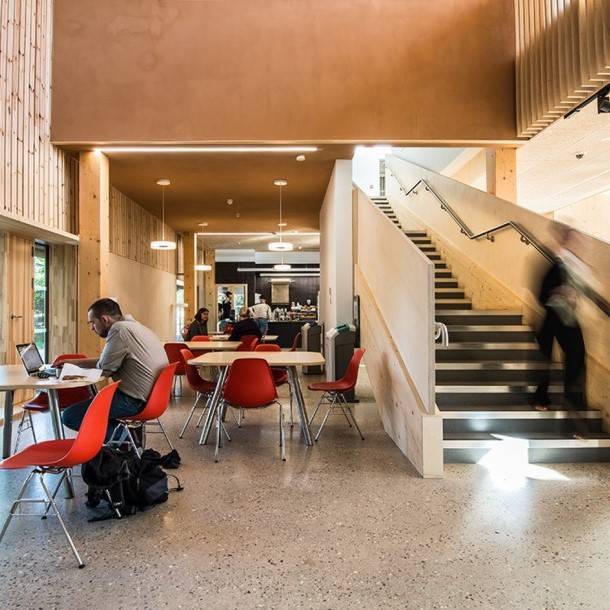


 When former Google employee Marissa Mayer joined Yahoo as its CEO in 2012, she inherited the company’s vast problems. Though it was once seen as one of the first tech behemoths, Yahoo’s inability to come up with ground breaking products like Google and others, put it in a slow, steady decline. Mayer was immediately tasked with trying to reinvigorate the stagnating company. Her focus was to find a way to identify and retain talent, while phasing out ineffective employees. However, Yahoo’s new management policies have brought about much debate and criticism from HR experts. A controversial book by journalist Nicholas Carlson titled “Marissa Mayer and the Fight to Save Yahoo!” paints a highly critical view of Mayer’s first years as CEO. In response others have defended her, arguing that she has done the best she can with the resources available, but has become a scapegoat for poor management, like so many other women in powerful positions.
When former Google employee Marissa Mayer joined Yahoo as its CEO in 2012, she inherited the company’s vast problems. Though it was once seen as one of the first tech behemoths, Yahoo’s inability to come up with ground breaking products like Google and others, put it in a slow, steady decline. Mayer was immediately tasked with trying to reinvigorate the stagnating company. Her focus was to find a way to identify and retain talent, while phasing out ineffective employees. However, Yahoo’s new management policies have brought about much debate and criticism from HR experts. A controversial book by journalist Nicholas Carlson titled “Marissa Mayer and the Fight to Save Yahoo!” paints a highly critical view of Mayer’s first years as CEO. In response others have defended her, arguing that she has done the best she can with the resources available, but has become a scapegoat for poor management, like so many other women in powerful positions.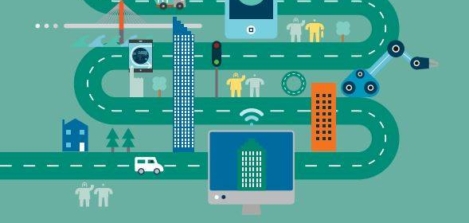
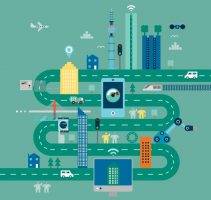 Global law firm Osborne Clarke has released its fourth
Global law firm Osborne Clarke has released its fourth 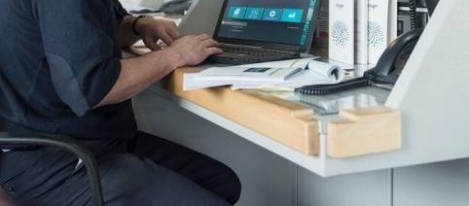
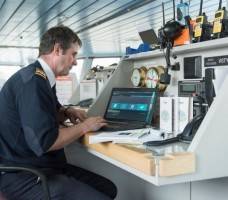 Tim Peake’s recent return home from space at the end of a six month stay in the International Space Station highlighted just how essential it is for people to stay in contact with their friends, family and the rest of the world, literally from wherever they may be. Of course, back on Earth we now take it for granted that we are in a state of constant connectedness to the rest of the world. So the idea of someone being out of contact, even for brief periods of time, strikes us as odd. Perhaps that partly explains our fascination with the experiences of astronauts and other people who cannot take connectivity for granted. But it’s not just astronauts who have to consider how to enjoy the connectedness that we normally assume to be ours by right. People who work at sea face the same challenge and you could argue that it is more important for such truly remote workers to be in contact with other people and the Internet. So who fares better when it comes to achieving connectivity?
Tim Peake’s recent return home from space at the end of a six month stay in the International Space Station highlighted just how essential it is for people to stay in contact with their friends, family and the rest of the world, literally from wherever they may be. Of course, back on Earth we now take it for granted that we are in a state of constant connectedness to the rest of the world. So the idea of someone being out of contact, even for brief periods of time, strikes us as odd. Perhaps that partly explains our fascination with the experiences of astronauts and other people who cannot take connectivity for granted. But it’s not just astronauts who have to consider how to enjoy the connectedness that we normally assume to be ours by right. People who work at sea face the same challenge and you could argue that it is more important for such truly remote workers to be in contact with other people and the Internet. So who fares better when it comes to achieving connectivity?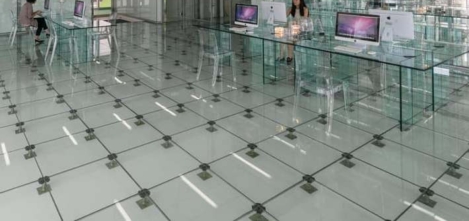





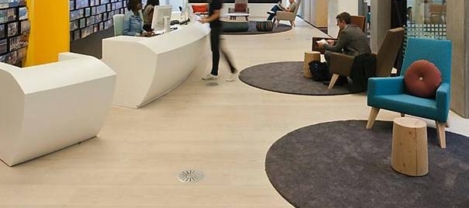
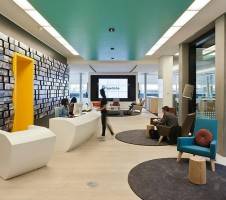
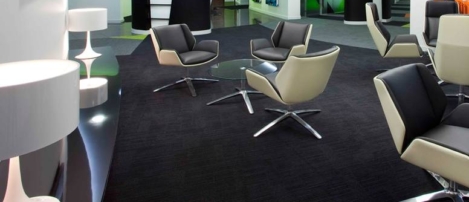
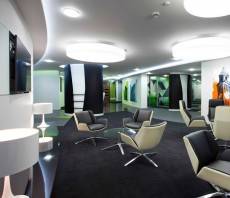











July 22, 2016
The people centric urge to personalise space helps firms to engage employees 0
by Paul Goodchild • Case studies, Comment, Wellbeing, Workplace design
(more…)